- Give up unnecessary packaging
- To wash or not to wash?
- Compost almost all wet
- Don't crumple the paper
- Some types of paper cannot be recycled
- Expensive recyclable glass
- Toothpaste tubes
- Snack wrappers
- Meat and fish packaging
- What is just trash and can't be recycled?
- Separate garbage disposal
- Separate garbage collection containers
- Rules for separate waste collection
Do you have a long list of excuses for not recycling and sorting waste the right way at home, school or work? Yes, even though the process of separate waste collection is not a science, it can still be confusing enough at first, at least until you get used to what is disposed of how and which materials and waste can be recycled. You no longer have an excuse not to practice separate waste collection because today's article provides you with all the information you need.
The following tips are practical and useful enough, even when you're too busy to collect waste separately, don't have much desire to, or are just too tired. Even when in doubt, turn to our guide to separate waste collection, here you will find answers to all your questions.

First, try not to focus on garbage, but on waste that can be reprocessed and recycled. Garbage serves no purpose.
Garbage, on the other hand, has value and only needs to be properly sorted. The information on the annual production of urban solid waste worldwide is truly frightening - 1.4 billion tonnes. Most of this figure, around 800 million tonnes, ends up in landfill sites, even though it can be reprocessed and given a new life after recycling.
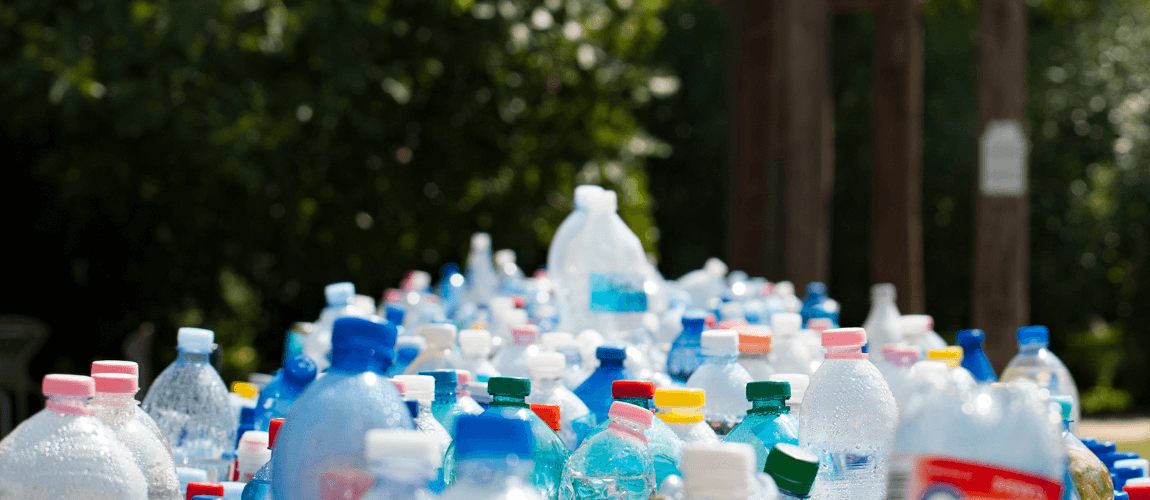
But before you start crushing cans, figure out the best way to separate waste in your neighborhood or city. Contact your local municipality to see if there are trucks collecting recyclables or collection points at stores or public places.
If there are options to choose from, decide which ones are best suited to adapt to your daily routine. Recycling and separate collection are still not widespread enough in our country. However, there is a ray of light and new options are appearing often enough. Therefore, as long as you are proactive, you will surely be able to find a convenient opportunity.
Give up unnecessary packaging
First and foremost, it is important to note that before you proactively take on the task of separate waste collection, the most important thing is to create a minimal amount of waste in the first place.

Always refuse any materials you don't need, especially packaging. Reducing the volume of trash is the best way to reduce the amount of solid waste in the landfill. Some stores have specialized containers for disposing of unneeded packaging.
To wash or not to wash?
Cleaning leftover food from the waste will help the people who work at the recycling plant. A yogurt pail will take days or even weeks to get to the recycling site. Have you thought about the smell? Gross!
 To avoid wasting water and make the task easier for those working in the field, leave recyclables in the sink or dishwasher so they can be washed with the water you use for the dishes.
To avoid wasting water and make the task easier for those working in the field, leave recyclables in the sink or dishwasher so they can be washed with the water you use for the dishes.
Compost almost all wet
This type of waste makes up half the volume of all solid waste, fills landfills and produces methane gas, which is 20 times more polluting and dangerous to the environment than carbon dioxide.

But much of it can be composted. Fruit and vegetable peelings, coffee grounds and even wet paper can be turned into fertilizer for your garden.
Don't crumple the paper
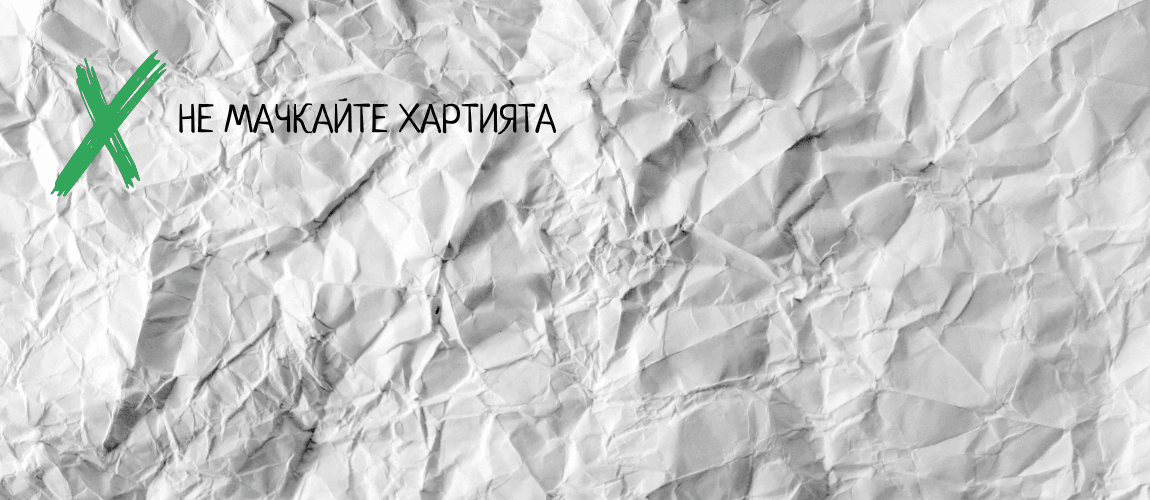
Avoid folding or crumpling paper before throwing it away. The reason is easy to understand - the more intact the paper, the more money it's worth as the cellulose fibres are stronger, increasing the number of times it can be recycled.
Some types of paper cannot be recycled
On the other hand, there are many types of paper that cannot be recycled. These are, for example, greaseproof and plasticized paper, receipts (avoid asking for them), paper with glue (separate the glue from the paper if possible), dirty toilet paper , copy paper.
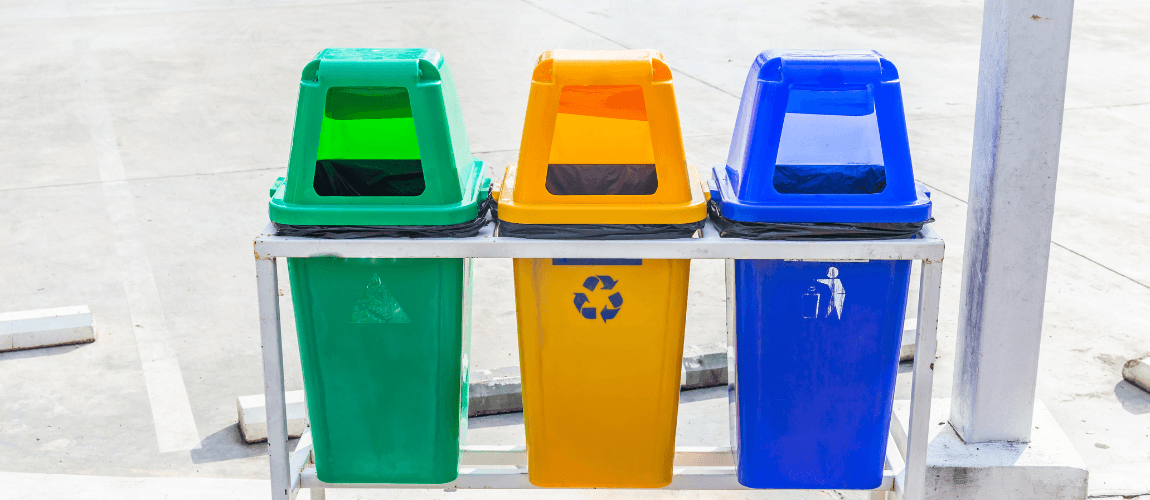
Used paper napkins and paper towels also do not belong in your recycled paper container, but they can be composted. As well as greasy pizza boxes - that way they won't contaminate the remaining recyclable paper.
Expensive recyclable glass
In the future, to avoid the cost of recycling glass, which is quite high, we should fight to increase the use of containers and packaging made from alternative materials. Until then, reuse glass containers and bottles as long as possible. Whenever possible, avoid long-necked bottles, they are non-returnable and the recycling process (which breaks them into pieces) is still complex and expensive.
Toothpaste tubes

The toothpaste tube is made of low-density polyethylene, which is a type of plastic. So try to squeeze as much toothpaste out of it as possible and place it in the recycling bin with the other plastic items.
Snack wrappers

You may not know this, but these products often have a type of plastic in their packaging that is coated with a thin layer of aluminum. Snack and chip packaging can be recycled. The problem is that the process is expensive and only a few companies can pay for it worldwide. Find out if there are such options in your area and what they are.
Meat and fish packaging
Because it has little market value, recycling this type of packaging is expensive. So best take containers made of glass or aluminum with you the next time you go to your neighborhood meat or fish store and ask them to use them to package your meat and fish. Fruits and vegetables don't need packaging!
What is just trash and can't be recycled?
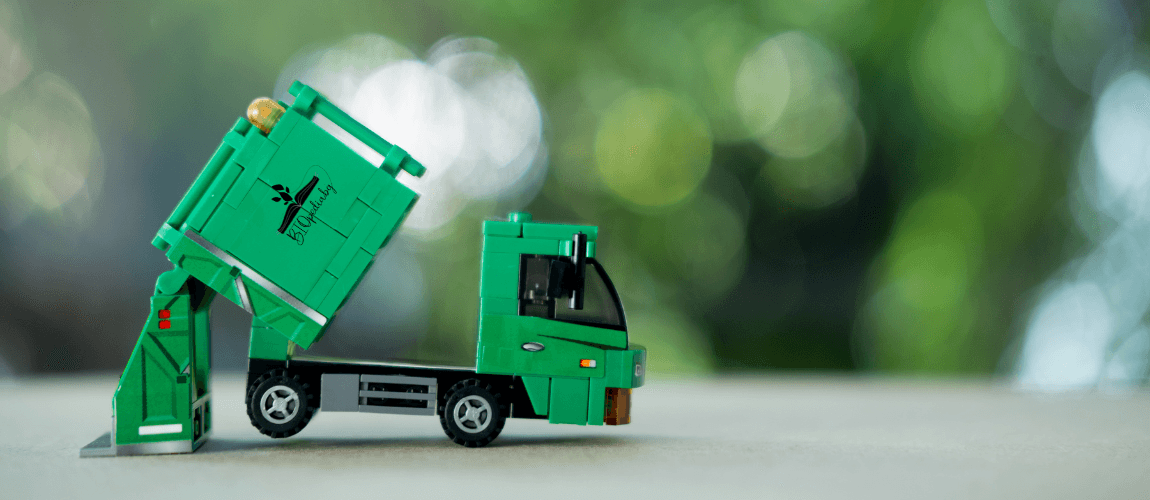
There is waste that is not recyclable and some of it will surprise you. Besides the non-recyclable paper mentioned above, foil, paper clips, wire sponges and duct tape are also considered trash and not recyclables.
They go straight to landfill along with non-compostable wet waste (dirty diapers, used kitty litter, etc.).
Separate garbage disposal
To successfully deal with the variety of waste materials in the home, a systematic approach is crucial. In this section of the article, we highlight the importance of properly sorting and packaging waste, which increases the convenience of disposing and transporting it to collection centres.
The first step is the correct categorisation of waste. Different types of waste, such as plastics, paper, glass, ceramics, metals, electronics, fabrics, hazardous items and others, require different treatment.
Of great importance is the process of cleaning, drying and separating these materials before disposal to facilitate the operation of recycling centres.
If some of the rejects need to be washed, put them in the sink while washing the dishes or in the dishwasher to avoid wasting water.
Keeping separate containers for different categories of waste is the next key practice. This approach facilitates rational waste management and encourages responsible recycling.
Clear labelling and compliance with local waste disposal regulations should not be overlooked.
The separation of food packaging prior to disposal is of utmost importance to prevent its interference with the decomposition process.
In addition, maintaining a consistent food disposal schedule and separating dry and wet waste further contribute to effective waste management.
To ensure safe waste handling, we offer a few practical tips:
- Regularly empty the containers and thoroughly clean the containers at least once a month.
- Wash your hands properly.
- Separate dry and wet waste.
Household waste is quite dangerous. They can cause cholera, dysentery, typhoid fever and other hygiene-related diseases. Therefore, it is imperative to handle them carefully, promptly and thoroughly.

Separate garbage collection containers
As you may have already figured out, to start recycling at home you will need several containers in number.
In Bulgaria, the most common recycling containers are divided into: paper waste, glass waste and plastic waste.
Electronics can be recycled at a supermarket near you. However, check with the cashier at the store before you go with your waste because not every supermarket has this type of container. You can donate your old clothes if they are in good condition.

Rules for separate waste collection
5 basic rules for effective separate waste collection:
#1 Know the waste categories
Know your local waste separation guidelines. Different areas may have different rules about what can be recycled. Be aware of the categories and their specifics.
#2 Keep Clean | Waste Separation Rules
Contaminants, such as food scraps on recyclables, can make an entire batch unrecyclable. Always rinse containers before disposing in the recycling bin.
Remember, a little effort in this area goes a long way in effective recycling.
#3 Avoid recycling at will
Not everything can be recycled. Items such as plastic bags, disposable utensils, and some types of plastic containers may not be accepted by your local recycling facility. When in doubt, do your research or contact your waste management service provider.
#4 Separate electronics and hazardous waste
Items such as old electronics, batteries and chemicals need specialized disposal to prevent damage to the environment. Look for designated collection points for these materials in your municipality.
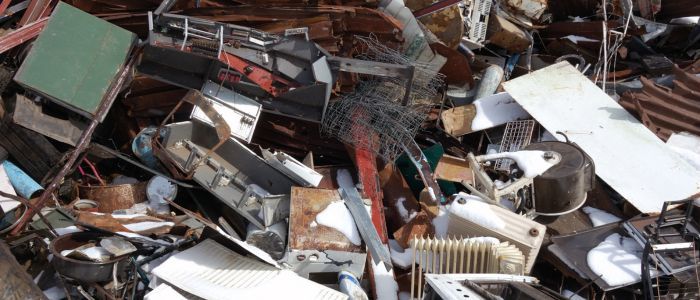
#5 Invest time in training
Teach your family, friends and neighbors about the importance of separate waste collection. Set an example and inspire others to join the recycling movement. The more people participate, the greater the impact.

Inspire action
Consider the story of Laura, a mother of two who decided to introduce separate waste collection into her household. By involving her children in this process, she not only reduced their ecological footprint, but also taught them a valuable lesson in environmental responsibility. "It's a small effort that brings a sense of purpose," says Laura. "Knowing that we are contributing to a cleaner planet gives us a sense of accomplishment."
Every piece of waste we separate and recycle is a step toward protecting our planet. It is an act of gratitude to the Earth that nurtures us. By embracing the five rules of waste separation, you become part of a global movement that is changing the future.
Separate waste collection is not just a routine, but a responsibility we owe to our planet and to future generations. By consciously sorting waste, we unlock the potential to breathe new life into materials that would otherwise clog landfills. Let's transform our world - one aluminium can, one plastic bottle and one paper at a time.
The rules are simple, the benefits huge and the impact immeasurable. It's time to join hands, hearts and efforts in this journey towards a cleaner and more sustainable tomorrow.

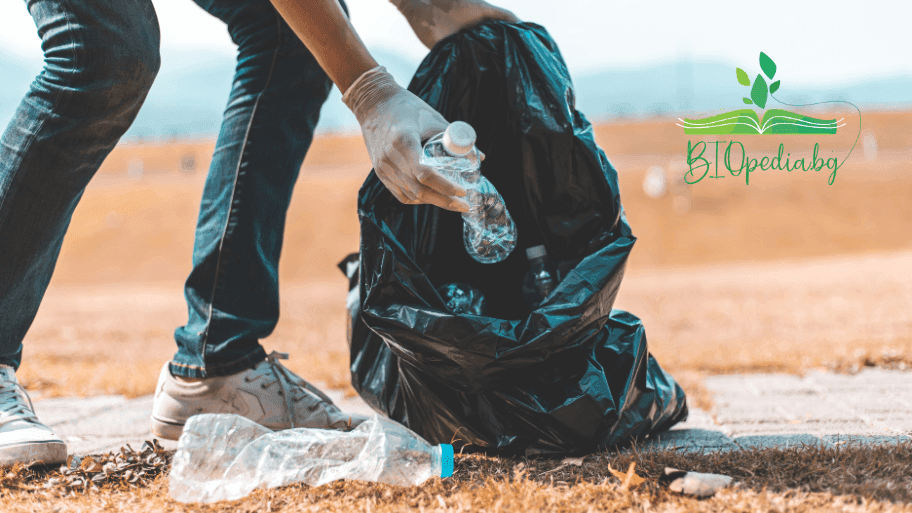
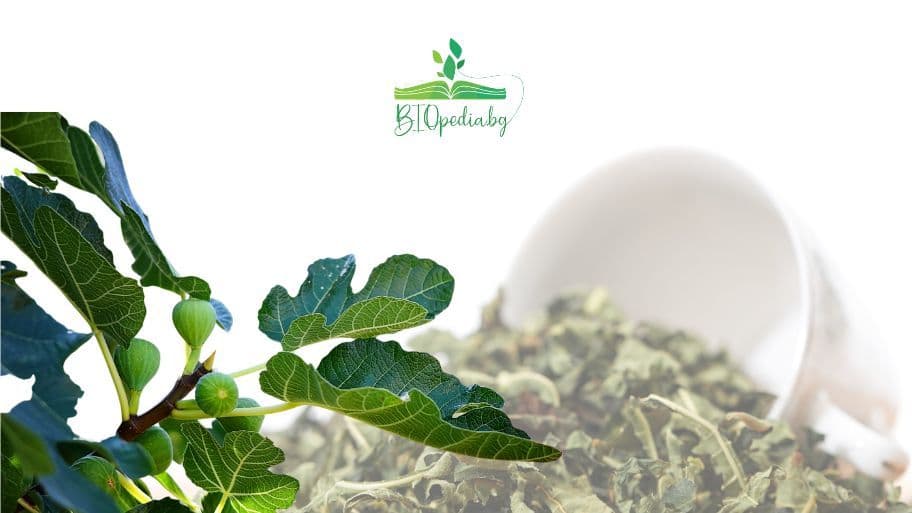
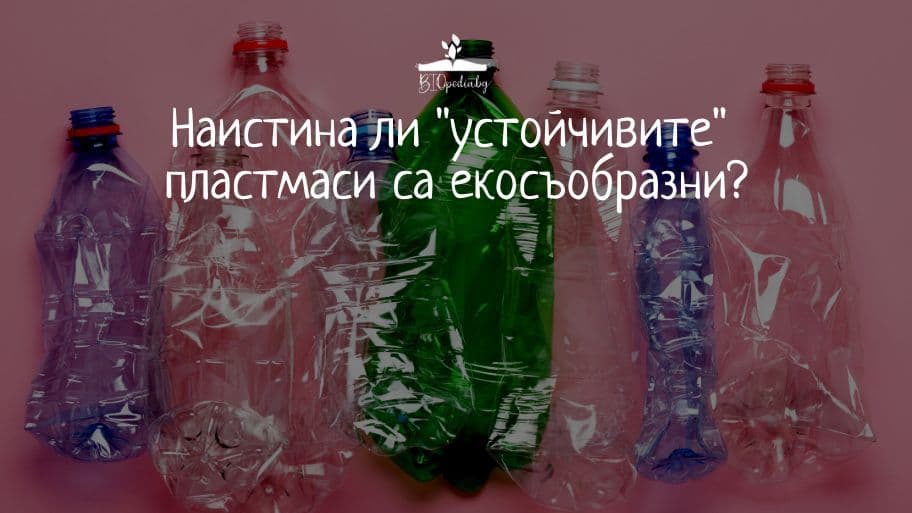

Comments